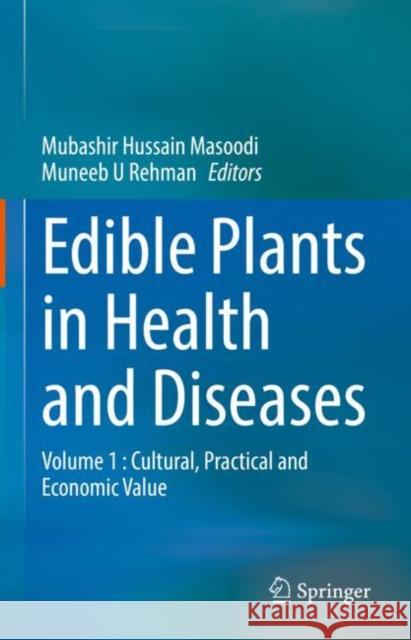Edible Plants in Health and Diseases: Volume 1: Cultural, Practical and Economic Value » książka
topmenu
Edible Plants in Health and Diseases: Volume 1: Cultural, Practical and Economic Value
ISBN-13: 9789811648793 / Angielski / Twarda / 2022 / 402 str.
Kategorie BISAC:
Wydawca:
Springer
Język:
Angielski
ISBN-13:
9789811648793
Rok wydania:
2022
Wydanie:
2021
Ilość stron:
402
Waga:
0.73 kg
Wymiary:
23.39 x 15.6 x 2.24
Oprawa:
Twarda
Wolumenów:
01
Dodatkowe informacje:
Wydanie ilustrowane











